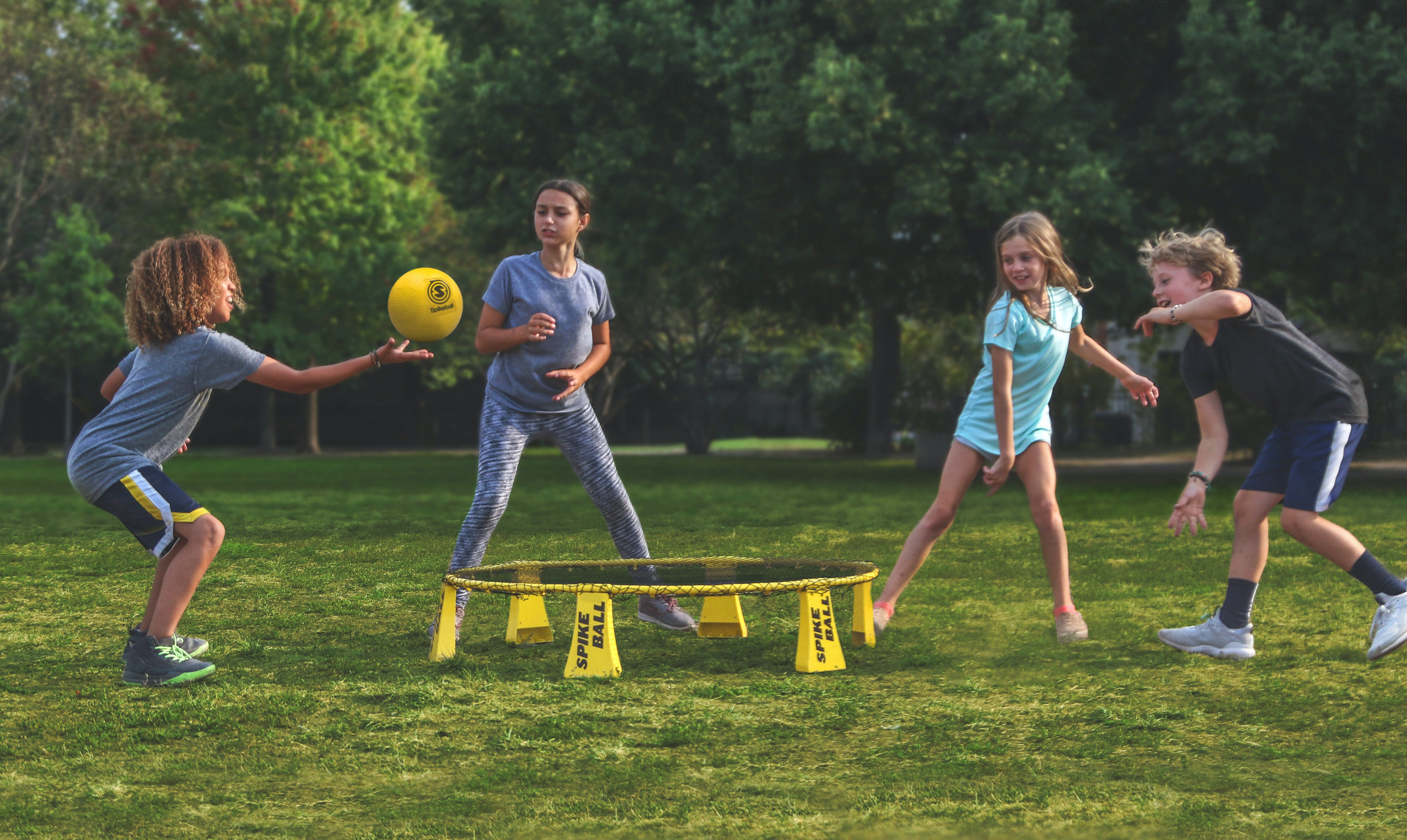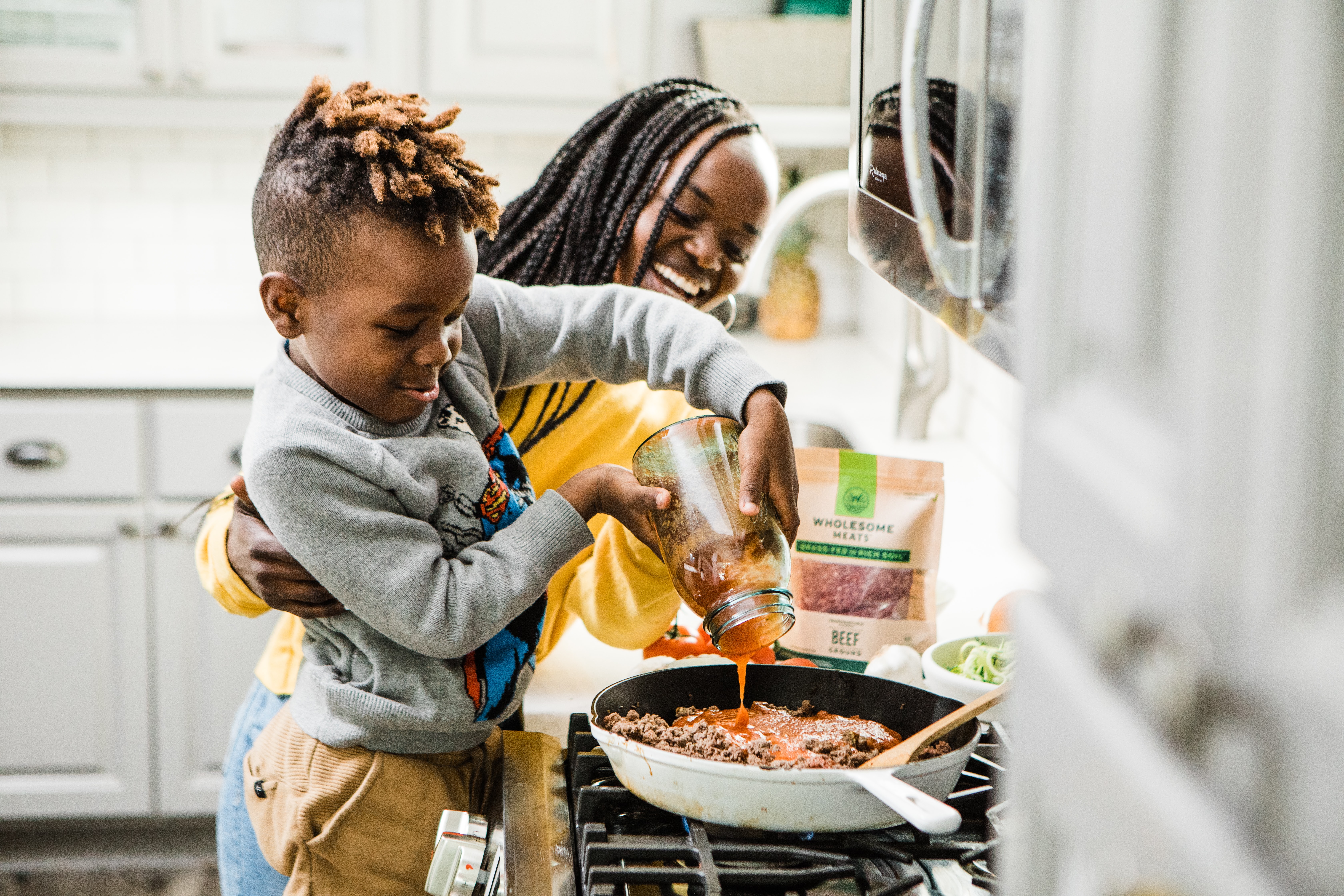I think it's fair to say that the homeschool socialisation myth has been debunked by now! Siblings, cousins, neighbours, family friends, homeschool groups and co-ops, faith meetings, and after-school activities are the most obvious ways we can socialise, but what else is there for homeschoolers? Here are a few ideas you may not have considered. With this week’s focus on neurodiverse children, considering ways of socialising outside the box is very relevant! Many neurodiverse children don’t like larger groups and can find playdates difficult, but some of the ideas below may appeal to them instead.
Volunteering - kids can often volunteer alongside their parents or another carer and do meaningful work in the community. This helps encourage an attitude of service, an awareness of other people's lives, a connection with plants or animals, and/or a feeling of belonging.
Joining community groups - sometimes it's possible for children to join adults' social groups and outings. Adults, especially seniors, meet regularly to play, create, serve the community, dance, exercise, and connect with each other and the wider community. Kids don't only need to connect with other kids.
Going to the library - libraries are hubs of activity beyond preschool craft and book borrowing! They often hold workshops and other events, show films, host competitions, and have visiting guests. Libraries are great places to learn! If your local library has space, it might also be a nice place to sit and do some homeschooling from time to time, rather than your usual setting.
Online connection – email, social media, and messaging apps make it easier for children and teens to keep in touch with their homeschooling friends in different towns between catching up. Kids also meet people across the world through online gaming, and connect with real-life friends through online games too. Through Outschool groups and classes even young children can connect with other children around the world. Conversations about online safety are very relevant from a young age, which is a high priority for Outschool. Several Outschool teachers offer classes about Internet Safety, which is a great support for parents who feel out of their depth, or as though their children aren’t listening to them about staying safe.
Camps - as well as family homeschool camps, there are camps for homeschooled teens, sports, theatre and other arts, faith-based holiday camps, and more. Outschool offers virtual camps focused on a variety of subjects and interests, which is a really novel idea!
Finding unique ways to make friends of all ages will develop lifelong socialisation skills. Having a strong social network improves our overall well-being, and sometimes we just need to think outside the box for suitable connections for all children – neurotypical or neurodiverse.
Outschool is your go-to resource for unschooling and online home education programs. Whether your child is passionate about foreign languages or computer coding and anime, we’ve got a course for them. Outschool makes it easy with more than 140,000 affordable online classes to supplement your Unschooling home education program. Your kids can dig into a variety of subjects including Anime, Roblox, Dance, Creative Writing, Acting, Music, Drawing, Science, Nature, Video Game Design and thousands more!










